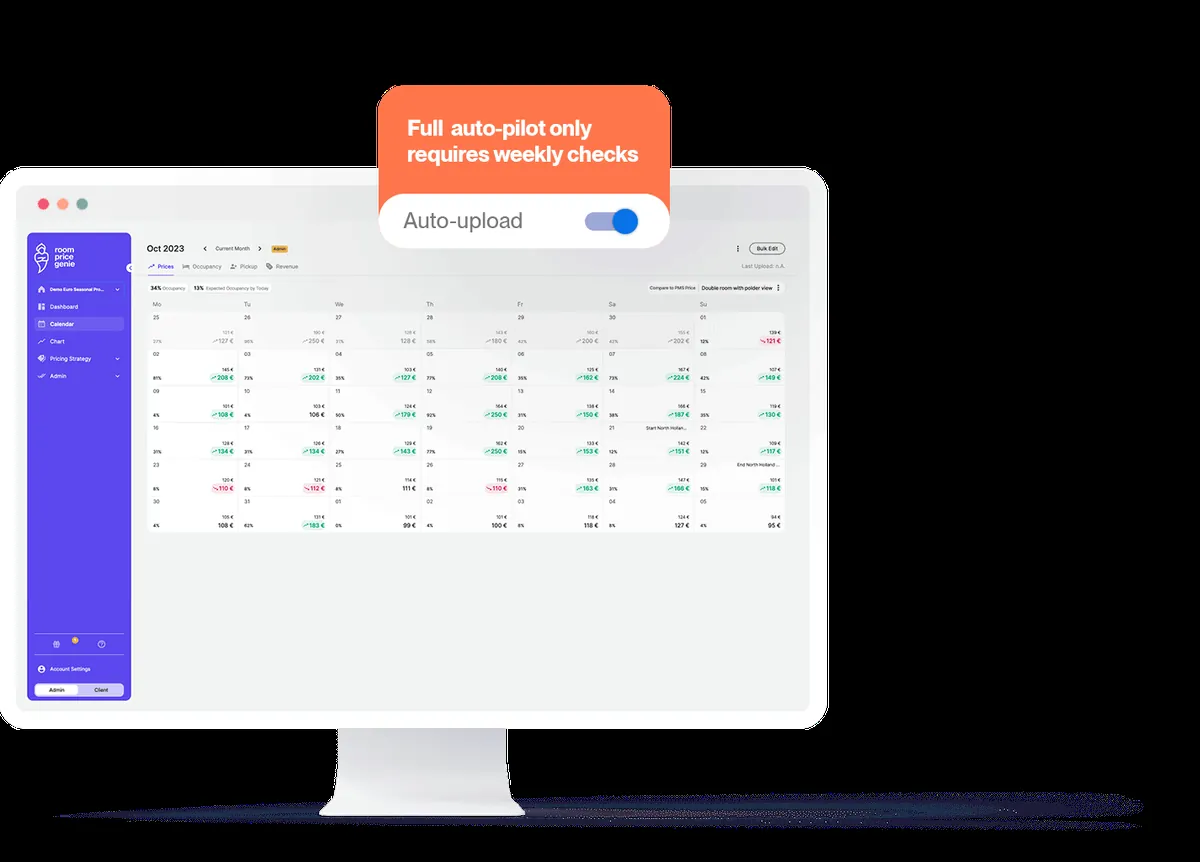DOJ Sues RealPage Over Alleged Rent-Fixing Algorithm
The Justice Department and eight states have filed a lawsuit against RealPage, accusing the software company of enabling widespread collusion in apartment rentals through its pricing algorithms.

The U.S. Department of Justice, along with attorneys general from eight states, has initiated legal action against RealPage, a Texas-based software company. The lawsuit, filed in the Middle District of North Carolina, accuses RealPage of utilizing complex algorithms to facilitate widespread collusion in apartment rentals, potentially violating antitrust laws.
RealPage, founded in 1998 and headquartered in Richardson, Texas, claims to serve over 24 million real estate units globally. The company holds a significant 80% market share in the U.S. commercial revenue management software sector. In 2023, private equity firm Thoma Bravo acquired RealPage for approximately $10.1 billion.
The lawsuit alleges that RealPage's software enables landlords to decrease competition in the rental market and abuse monopoly power. U.S. Attorney General Merrick Garland stated, "Everybody knows the rent is too damn high, and we alleged this is one of the reasons why."
"Everybody knows the rent is too damn high, and we alleged this is one of the reasons why."
The complaint highlights the software's ability to identify tenants for larger rent increases and cites instances where landlords referred to the product as "classic price fixing." This legal action marks one of the Justice Department's first major enforcement efforts targeting software as a primary means of collusion.
RealPage denies the allegations, describing its software as "pro-competitive technology" used competitively for years. The company argues that users have discretion to accept or reject pricing recommendations, which can include lower rents or no changes.
The lawsuit comes amid growing concerns about rising housing costs. Statistics cited in the complaint show that for Americans without a college degree, the percentage of income spent on rent increased from 30% in 2000 to 42% in 2017.
This case has significant implications for antitrust law and technology. Former Justice Department antitrust lawyer Roger Alford commented, "With the RealPage lawsuit, the DOJ has declared that algorithmic price fixing will be subject to the same condemnation as other price-fixing schemes."
The legal action follows a series of investigations and lawsuits against RealPage, including those filed by District of Columbia Attorney General Brian Schwalb in November 2023 and Arizona Attorney General Kris Mayes in February 2024.
As the case unfolds, it will likely spark debates about the role of algorithms in market competition and the boundaries of antitrust enforcement in the digital age.

The lawsuit against RealPage raises important questions about the intersection of technology and fair market practices in the housing sector. As the case progresses, it may set precedents for how antitrust laws are applied to software-driven pricing strategies across various industries.


































